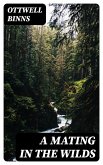In "Walking Essays," Arthur Sidgwick presents a thoughtful collection of reflective essays that explore the interplay between the act of walking and the deepening of one's intellectual and emotional insight. Through a deft blend of personal narrative, philosophical musings, and vivid descriptions of nature, Sidgwick elevates the pedestrian experience into a profound journey of self-discovery. Written in a lyrical prose style, the essays resonate with themes of solitude, the passage of time, and an appreciation for the world often overlooked in our fast-paced lives, positioning them within the literary context of 19th and early 20th-century English nature writing. Arthur Sidgwick, a noted scholar and educator, was equipped with a rich background in literature and natural philosophy, lending a unique perspective to his work. His academic pursuits, particularly in the fields of classical studies and literary criticism, were accompanied by his passion for walking, which he regarded as both a physical and metaphysical exploration. These experiences undoubtedly shaped his contemplative approach in "Walking Essays," as he sought to capture the ephemeral beauty of the world around him through the lens of personal reflection. This collection is highly recommended for anyone yearning for a deeper connection to nature and self. Sidgwick's essays invite readers to ponder their own experiences while walking, offering both inspiration and solace. As modern readers navigate the complexities of life, Sidgwick's graceful prose serves as a reminder of the serenity that can be found in the simplest of actions.
Dieser Download kann aus rechtlichen Gründen nur mit Rechnungsadresse in A, B, BG, CY, CZ, D, DK, EW, E, FIN, F, GR, H, IRL, I, LT, L, LR, M, NL, PL, P, R, S, SLO, SK ausgeliefert werden.

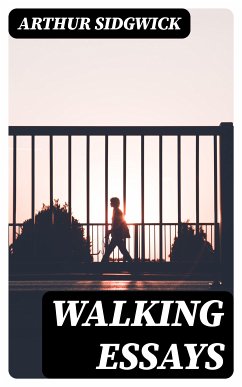


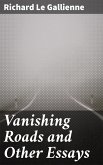
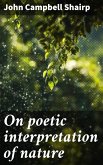

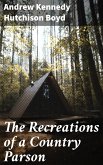
![Pebbles on the shore [by] Alpha of the plough (eBook, ePUB) Pebbles on the shore [by] Alpha of the plough (eBook, ePUB)](https://bilder.buecher.de/produkte/65/65838/65838720m.jpg)
